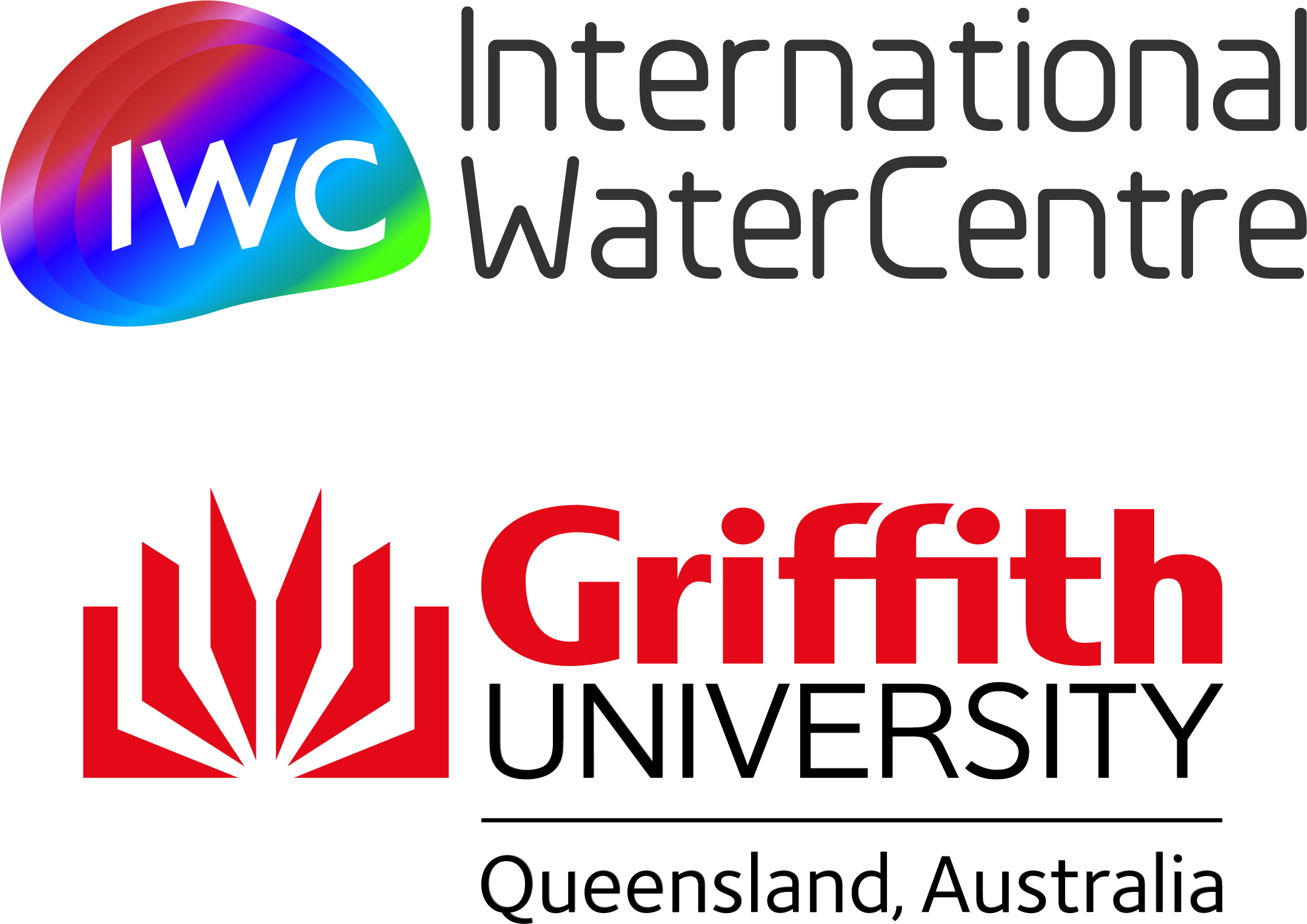WASH-GEM: A novel tool for measuring gender equality through WASH
Delivered by: Institute for Sustainable Futures-UTS, SNV Netherlands Development Organisation, iDE
Multiple established connections link access to safely managed water, sanitation and hygiene (WASH) and gender equality. As development actors seek to attain the fifth and sixth Sustainable Development Goals, the need to measure WASH programs’ contributions to gender equality outcomes is increasingly pressing. Yet implementers commonly lack useable tools to tackle this complex area. In addition, with climate change increasing the operational environment for WASH, there is a need to understand gendered aspects of climate-WASH interactions.
The Water, Sanitation and Hygiene Gender Equality Measure (WASH-GEM) is a novel quantitative multidimensional tool co-produced in partnership between researchers at the Institute for Sustainable Futures of the University of Technology Sydney and practitioners from iDE Cambodia and SNV Nepal. The WASH-GEM assesses gendered WASH outcomes, and it examines how these changes relate to gender equality more broadly within societies; with a mandate to explore how WASH interventions can be an entry point to wider gender equality. Most recently, the WASH-GEM was adapted to include a climate module to help reveal how climate events impact women and men differently in relation to WASH and more broadly.
Learning objectives:
Through this training, participants will gain a broad understanding of gender equality and WASH, as well as gain knowledge and skills in implementing a quantitative tool that can be directly applied to their existing WASH programs, including in the context of climate change. Participants will also have an opportunity to learn about and reflect on the implementation of the WASH-GEM in different contexts and programs.
This training has four learning objectives:
- Situating the importance of gender in designing and evaluating WASH interventions, including in the context of climate change
- Introducing the unique WASH-GEM approach to measuring gender equality in WASH programs, including reflections from practitioners who have already implemented it
- Demonstrating how the WASH-GEM can be adapted to suit different WASH programmatic foci and approaches
- Actively encouraging participants to reflect on how they might use the WASH-GEM within their WASH programs
Training Resources
WASH-GEM website: https://waterforwomen.uts.edu.au/wash-gem/
WASH-GEM online training: https://sites.google.com/uts.edu.au/washgem/home
WASH-GEM automated analysis tool: https://jess-isf.shinyapps.io/WASH-GEM/
The water, sanitation and hygiene gender equality measure (WASH-GEM): Conceptual foundations and domains of change: https://www.sciencedirect.com/science/article/pii/S0277539522000048
A partnership approach to the design and use of a quantitative measure: Co-producing and piloting the WASH gender equality measure in Cambodia and Nepal: https://www.tandfonline.com/doi/full/10.1080/21665095.2022.2073248


